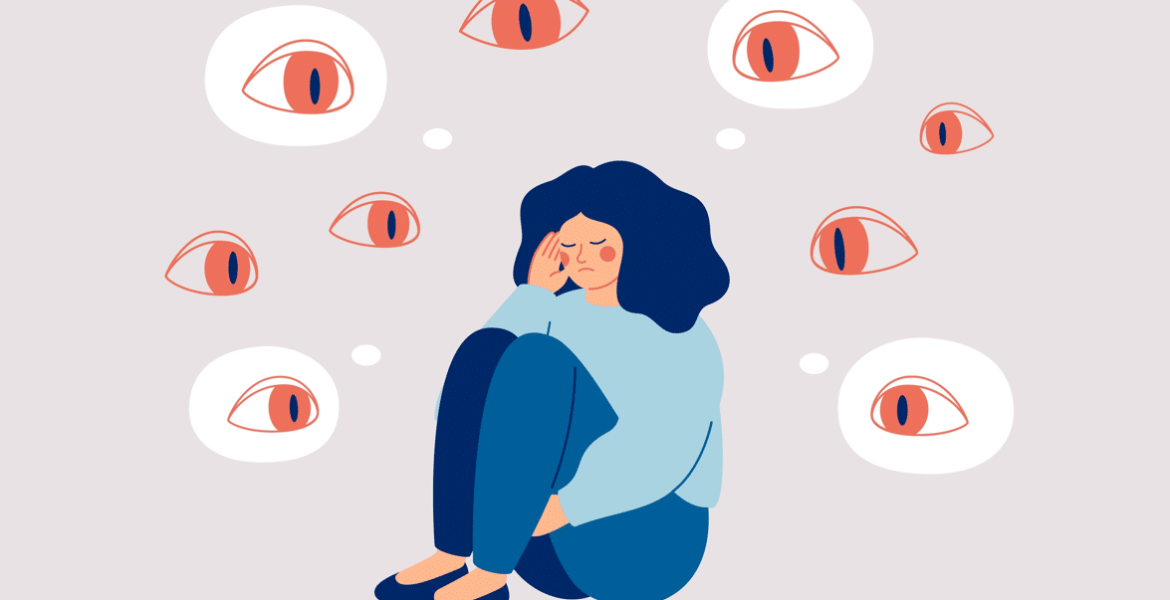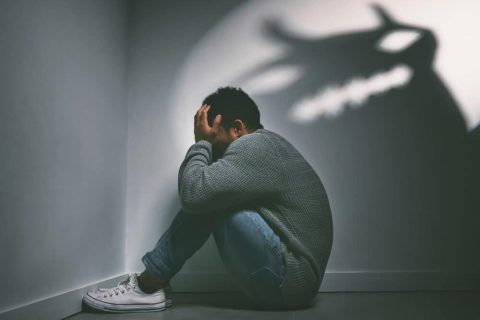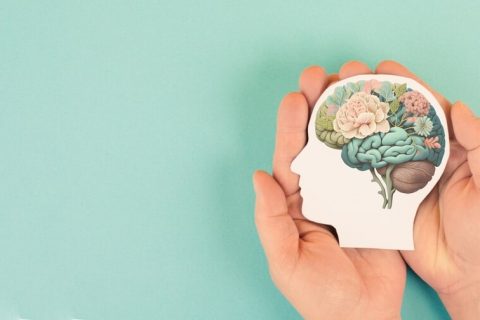Social Media and Mental Health: Finding Balance in the Digital Age

In today’s digital age, social media has become an integral part of our lives. It connects us with friends and family, provides a platform for self-expression, and offers a window into the world’s events. However, the constant presence of social media can also impact our mental health in both positive and negative ways. Finding a healthy balance is crucial to safeguarding our well-being. In this blog post, we will explore the relationship between social media and mental health and provide practical tips on maintaining that balance.
The Impact of Social Media on Mental Health
While social media offers numerous benefits, it can also affect our mental health in several ways:
Comparison and Envy: Scrolling through others’ carefully curated profiles can lead to feelings of inadequacy and envy. We often compare our behind-the-scenes reality to others’ highlight reels, which can damage our self-esteem.
Negative Self-Image: Filters, photo editing, and the pressure to conform to beauty standards can contribute to body image issues and low self-esteem, particularly among young people.
Cyberbullying: The anonymity of the internet can lead to cyberbullying, which can have severe emotional consequences for victims.
Information Overload: The constant barrage of information and news on social media can lead to stress and anxiety, especially when faced with negative or alarming headlines.
FOMO (Fear of Missing Out): Seeing others’ social activities and experiences can trigger FOMO, which can lead to feelings of isolation and anxiety.
Screen Addiction: Excessive time spent on social media can lead to screen addiction, which can contribute to poor sleep quality and reduced productivity.
Tips for Finding Balance
Finding a healthy balance in the digital age is essential for protecting your mental health while still enjoying the benefits of social media. Here are some practical tips to help you achieve that balance:
Limit Screen Time: Set specific limits on how much time you spend on social media each day. Many smartphones offer screen time tracking features that can help you monitor and control your usage.
Curate Your Feed: Be selective about who you follow and what content you consume. Unfollow accounts that make you feel negative emotions or trigger envy. Follow accounts that inspire and uplift you.
Practice Mindful Consumption: Before scrolling through your feed, take a moment to check in with your emotions. Are you in the right mindset to engage with social media, or would it be better to step away for a while?
Set Boundaries: Establish clear boundaries for when and where you use social media. Avoid checking your accounts during meals, family time, or before bedtime.
Prioritize Real-Life Connections: Make an effort to nurture your offline relationships. Spend quality time with friends and family, and engage in activities that don’t involve screens.
Digital Detox: Consider taking periodic digital detoxes where you disconnect from social media entirely for a set period. This can help you reset and regain perspective.
Unplug Before Bed: The blue light emitted by screens can interfere with sleep. Try to disconnect from social media at least an hour before bedtime to improve sleep quality.
Practice Self-Compassion: Remind yourself that what you see on social media is often a curated version of reality. Embrace self-compassion and acknowledge that everyone has their struggles and imperfections.
Be Mindful of Your Emotions: Pay attention to how you feel while using social media. If you notice negative emotions or stress, it may be time to step away and engage in a different activity.
Engage in Offline Hobbies: Cultivate interests and hobbies that don’t involve screens. This not only reduces screen time but also enriches your life with meaningful experiences.
Seek Support When Needed: If you find that social media is significantly impacting your mental health, consider seeking support from a therapist or counselor who can help you navigate these challenges.
Conclusion
Social media has become a powerful force in our lives, shaping how we connect, communicate, and perceive the world. While it offers valuable opportunities for connection and self-expression, it can also have adverse effects on our mental health if not used mindfully. Finding balance in the digital age involves setting boundaries, curating your online experience, and prioritizing your offline life.
Remember that you have the power to control your social media usage and its impact on your mental health. By implementing the tips outlined in this blog post and being mindful of your emotions and well-being, you can strike a healthy balance that allows you to enjoy the benefits of social media while protecting your mental health in the digital age.





